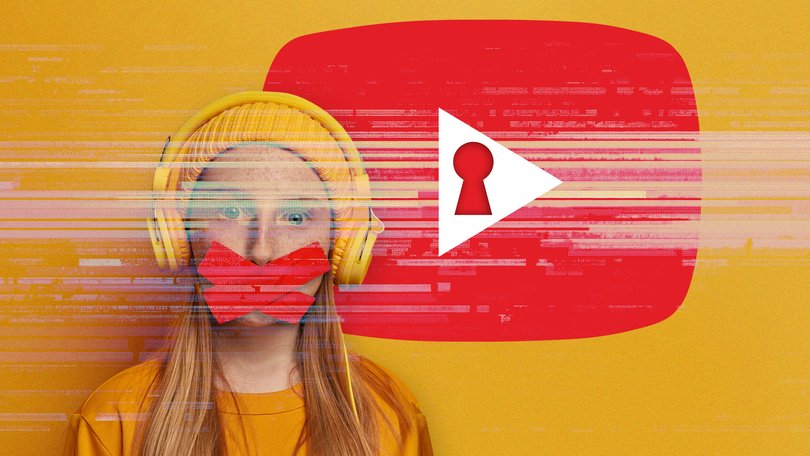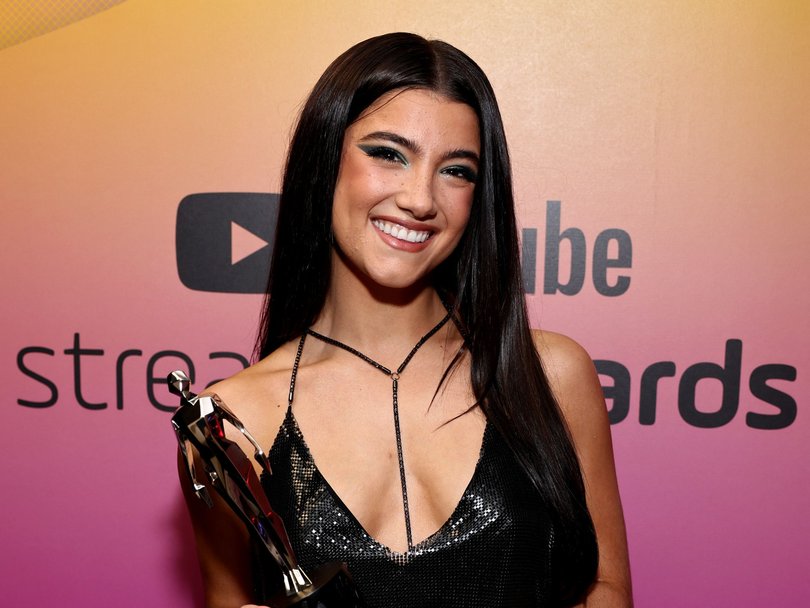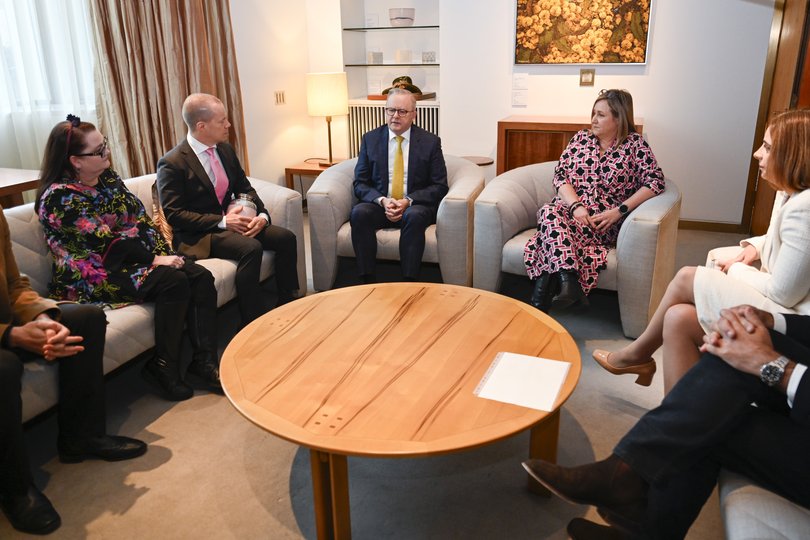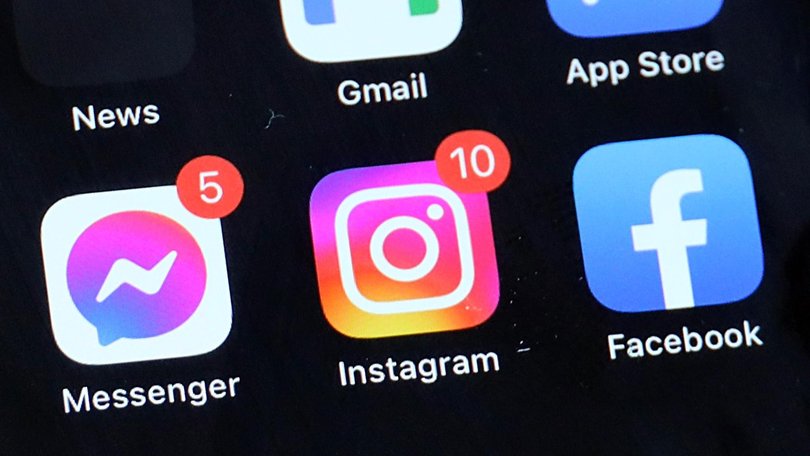AARON PATRICK: Banning under 16s from social media will be popular but does it go too far?
AARON PATRICK: The decision to restrict access to YouTube, TikTok, Instagram and other sites ignores a truism of life: each generation must navigate the world as it is.

Charli D’Amelio was 15 when she started shooting TikTok dance and lip syncing videos. Her youthful charm and sharp moves captivated girls around the world. She soon became TikTok’s most popular creator, and moved into books, a podcast, cosmetics, clothing, movies, television and Broadway theatre. Three weeks ago she made the inaugural TIME100 Creators list of the most influential digital creators globally.

From December, any young teenagers in Australia hoping to become the next Charli D’Amelio will be prohibited by law from opening a TikTok account. Fourteen-year-olds filming and editing movies on their phones will not be allowed to share them with friends on YouTube, Facebook or Instagram under their own names. Politically engaged 15-year-olds interested in Anthony Albanese’s comments on X will no longer be allowed to follow him, or anyone else.
Sign up to The Nightly's newsletters.
Get the first look at the digital newspaper, curated daily stories and breaking headlines delivered to your inbox.
By continuing you agree to our Terms and Privacy Policy.On Wednesday morning the prime minister announced that YouTube would be added to an under-16 social media ban passed by parliament last year and due to come into effect on December 10. “We know this is not the only solution, and there’s more to do, but it will make a difference,” he said.

Popular decision
The government knows the ban is popular with parents tired of trying to protect their sons and daughters from online bullying. Two mothers and a father who lost children to internet-related suicide stood by Mr Albanese at Parliament House as he explained the new rules, which the government plans to promote at the United Nations next month.
Despite complaints by YouTube that it is an entertainment company, not a social media network, the government was convinced by eSafety commissioner Julie Inman Grant to include the Google-owned internet-video giant in the scheme.
In a February report, Ms Grant produced a persuasive statistic: almost two-thirds of 14 to 17-year-olds said they had come across harmful videos and other material online that showed violence, drug abuse and self-harm. Suicide made the list too.
Apart from the Greens, there is support across the political spectrum. The Coalition has claimed credit for the ban.
Social media companies put up largely technical arguments, then welcomed the rules when it became clear they had lost the debate. YouTube couldn’t even bring itself to explicitly complain. “We will consider next steps and will continue to engage with the government,” a spokesperson said.
How the age-verification technology will work is unclear, but everyone in Australia who has a social media account will have to prove they are not under 16, a government spokesman said.

A different perspective
There is another side to the story. Removing the right of a whole of class of society to access what has become a primary form of human interaction is a substantial restriction of civil liberties. It is only possible because under 16-year-olds are powerless when it comes to political representation. They can’t vote and have to rely on parents to protect their interests.
Mothers and fathers, like their parents, and their parents before them, worry about the impact on children from rise of technology.
Today, social media is seen as the greatest threat. Once it was computer games, which adults were told would make children violent. (Doom was often singled out.) Older threats included video tapes (which gave access children to horror and raunchy movies), television (seen as addictive) and cinema (Jaws was R rated when first released in 1975; today it is PG). When comics took off after World War II, there were concerns their violent story lines would lead to mass criminality.
Modern media makes communication between teenagers easier than it ever was. Being children, they sometimes abuse the privilege. But as Charli D’Amelio and countless other talented teenagers around the world have shown, social media has facilitated creativity, experimentation and discovery.
Ugliness and joy
The world’s most popular TikTok performer, Khaby Lame, was born in Senegal and grew up in public housing near Turin. His portrayal of an exasperated ordinary man is enjoyed by teenagers around the world in the same way older generations watched Rowan Atkinson’s Mr Bean in the 1990s and Michael Crawford in Some Mothers Do ‘Ave ‘Em in the 1970s.
Then there is Addison Benson, a double amputee who showed other teenagers on TikTok that you can be a normal kid without legs. Or Autumn Peltier, a Canadian who has drawn attention to water contamination on Indigenous land on Instagram. Many others help break down prejudice based on sexuality and race, or simply seek to entertain their fellow children.
Social media is like life. There is ugliness if you look for it, and joy too. The decision by a 62-year-old prime minister to take away the choice from teenagers and their parents to chose either, or something in between, may be popular but ignores a truism of life: each generation must navigate the world as it is.

